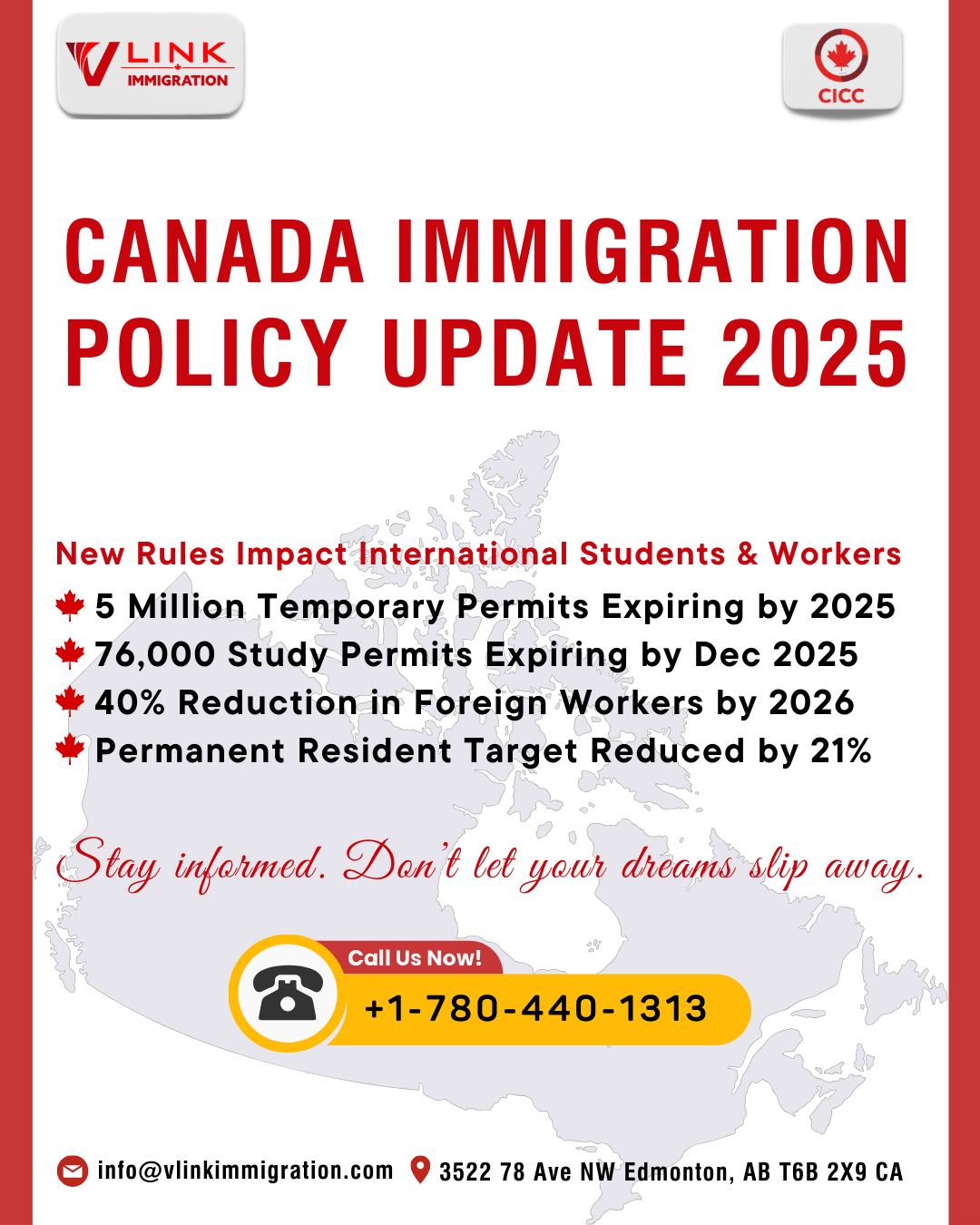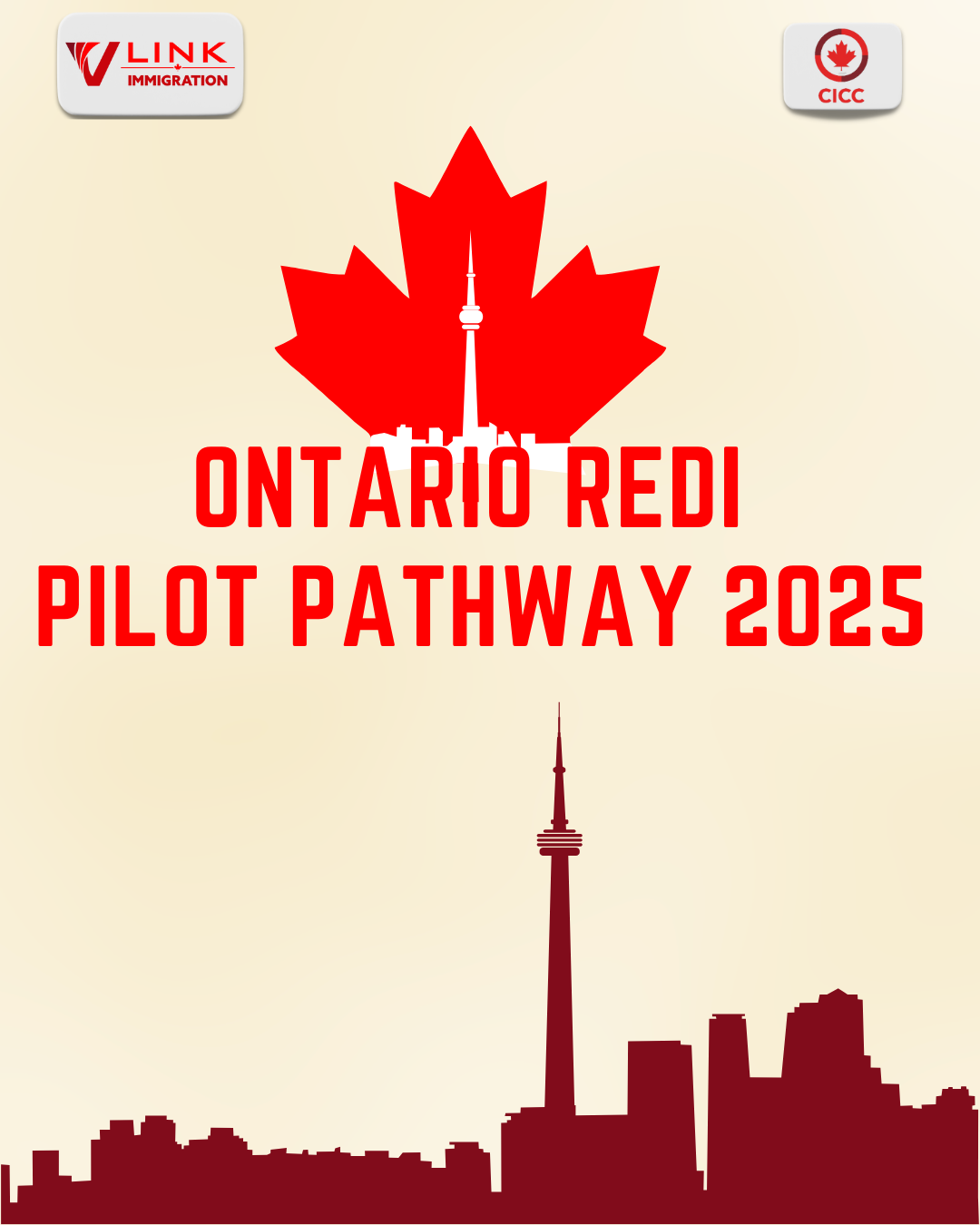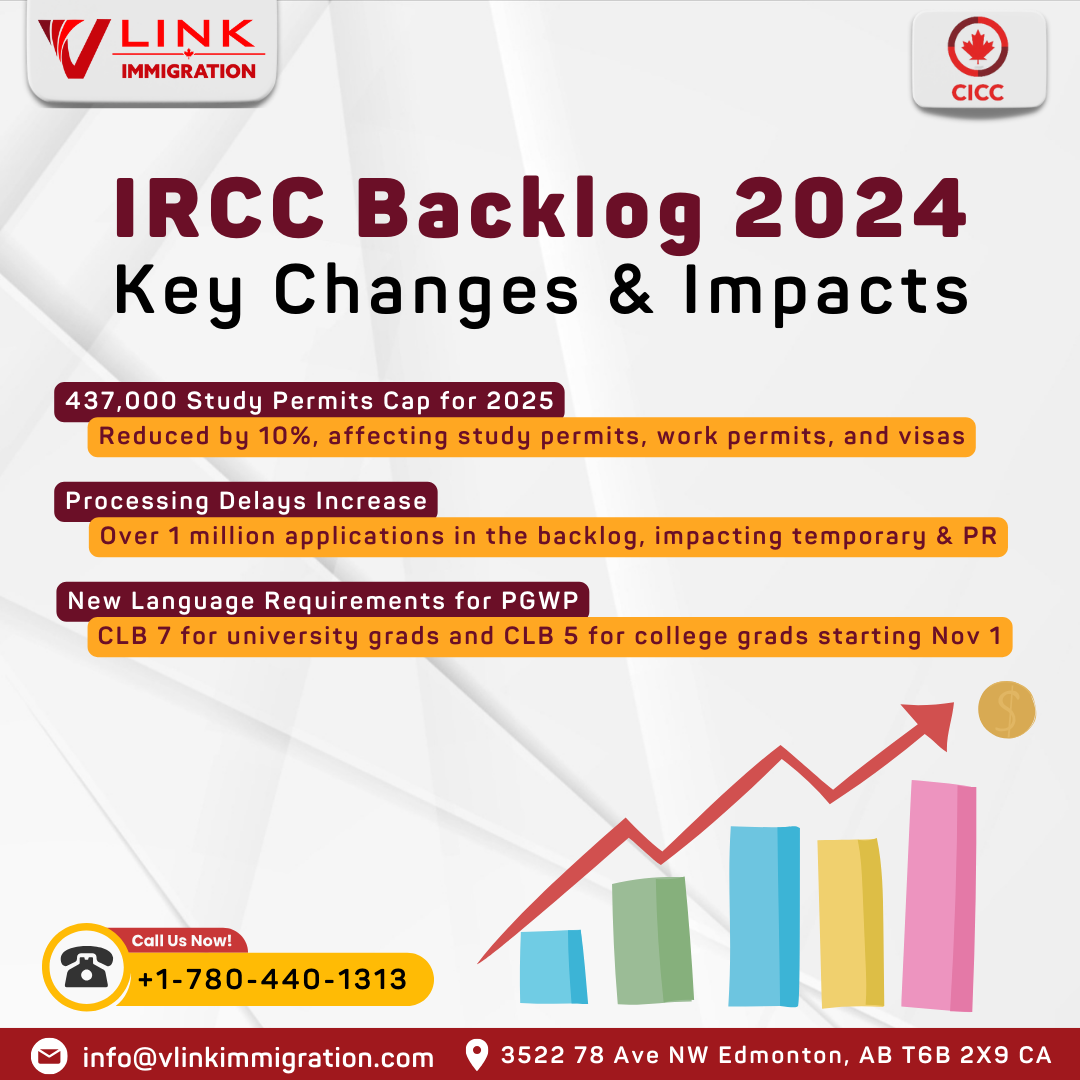IRCC Announces 2025 Express Entry Draw to Invite 471 Candidates: IRCC has conducts the new Provincial Nominee Program (PNP) Express Entry draw, and issues the 471 invitations to candidates to apply. There are total 471 ITAs has sent to candidate, with the minimum CRS score of 793. It marks the first Express Entry draw of 2025 year, followed by the French language proficiency draw in December and other two PNP draws. The Canada Immigration Department has issued 2,561 ITAs last month. IRCC has focus on inviting candidates from CEC, PNP and French-language proficiency categories for 2024 year. This trend will continue in 2025.
Candidates in PNP and CEC, and candidates applied for 2025 Express Entry Draw programs, are fall under “In-Canada Focus” category. These categories are expected to fall in the majority of IRCC’s planned admissions, or 124,680 landings under the first express entry draw in 2025. Let us look at the express entry latest draw of 7 January 2025, below
Read More














